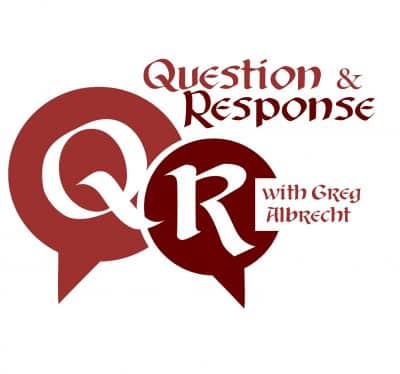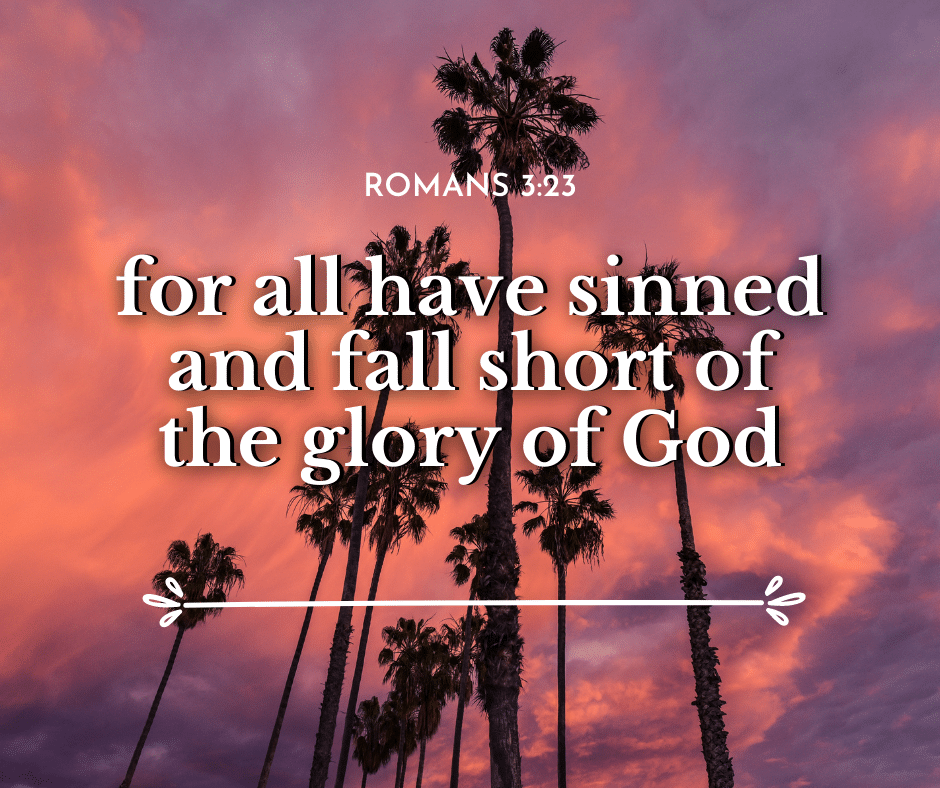Question & Response: How should we understand God’s ‘Sovereignty’? – with Brad Jersak
QUESTION:
Bradley, my wife and I met you recently at the Grace Conference. I asked a question about sovereignty, and your response addressed misunderstandings of what sovereignty means. Would you please elaborate and give some additional sources for me to look into. We enjoyed the conference and the material you presented. MUCH food for thought and reflection.
— David
RESPONSE:
I cover the topic of sovereignty quite thoroughly in A More Christlike God: a More Beautiful Gospel.
I would summarize that work like this: ‘Sovereignty’ is a biblical synonym for governance or rulership or kingdom.
That is, sovereignty denotes the function of a king. I believe that God has established his kingdom in Christ, who is sovereign over the whole universe. Over our whole world. He reigns over all. The Bible says he is the king of kings and the king of glory.
So the extent of Christ’s sovereignty is infinite and all-inclusive. It’s all his, from the big bang to the whole shebang.
The next question is how Christ came to rule–how his kingdom or sovereignty was established. The Gospels present us with a startling surprise. Christ established his kingdom rule — showed himself to be sovereign — not by violent conquest, military or miraculous coercion. He did not use overwhelming force to make people believe or behave.
Rather, Christ’s sovereignty was demonstrated when he ascended the throne of the Cross and was crowned with thorns. His glory was revealed in his meekness, humility, suffering, and death. His kingship was manifest as self-giving, radically forgiving, co-suffering love.
Yes, there was also a great and decisive victory: Christ did defeat Satan, overcame sin and conquered death. But how? Through his suffering and death, his descent into hades and his resurrection from the dead.
We read Isaiah the prophet say, ‘And the government (sovereignty) shall be on his shoulders,’ and we see these words fulfilled as Christ bears the cross on his shoulders.
We read Isaiah prophesy, ‘Arise, O God, and rule (or judge),’ and we see those words fulfilled in the resurrection. Christ rises from the dead, revealing himself to be God, trampling down death by his death, and bestowing life to those in the tombs.
This then opens a door for a right understanding of the means of Christ’s sovereignty then, now and forever. Those who forget to consider the means of Christ’s reign in Gospel terms fall into the error of ‘hyper-sovereignty’ because they want only to say God’s sovereignty is absolute.
I have said the extent is absolute, but hyper-sovereignty imagines absolute means. That is, they believe for God to be God, he must be in absolute control and so they assign every single event to God’s reign as if he were the cause of every act. In fact, they use the language of coercion and control to say that God foreordains and governs every act, including evil. In other words, God not only allows evil: he commands it (so said John Calvin). This is calling evil good and good evil. But some folks are willing to pay that price, believing that for God to rule as God he must be the direct cause of everything that happens.
The truth is that the means of Christ sovereignty is revealed clearly as the Cross: Christ shows us that God reigns over all by love. I expand this word ‘love’ to include God’s nature as self-giving, radically forgiving, co-suffering love.
But another way to parse it (in my book) is that love rules by 1. consent and 2. participation.
Look around: we see evil at work in the world. If God is in absolute control, he is the author of so much evil. But if God is love, we see that love, by nature, does not control or coerce because that wouldn’t be love. Rather, love consents to authentic otherness (our freedom to choose), even when our choices are stupid or harmful.
But Christ has not merely retreated into the absentee or observer role, as if all he did was consent. That wouldn’t be love either. Christ has entered into and participated in the human condition to the uttermost (including death), co-suffering with us in order to raise up with him and heal the fallen human nature (with Adam and Eve as types) … That is, Christ entered the scene to redeem and restore all things. So Love reigns by redemption and restoration.
And we are invited to participate! The Bible calls us as a kingdom of priests and kings who reign with him … but only by love — not be ‘taking over’ or forming our own worldly kingdoms or governments. We reign as servants of a Love who is irrepressible Light, shining in and pushing back the darkness, until everything comes ‘under his feet,’ or rule — until we see every knee bow and every tongue confessing that Christ is Lord and King of love voluntarily and willingly. That is, we participate by consenting (yielding, surrendering) to his love and participating as mirrors and mediators of his love.
That’s a start anyway. For more details, see A More Christlike God. I also suggest the writings of Simone Weil, whose book, On Science, Necessity and the Love of God was a ground breaker for me (though hard to find).











 Plain Truth Ministries | Box 300 | Pasadena, CA 91129-0300
Plain Truth Ministries | Box 300 | Pasadena, CA 91129-0300

